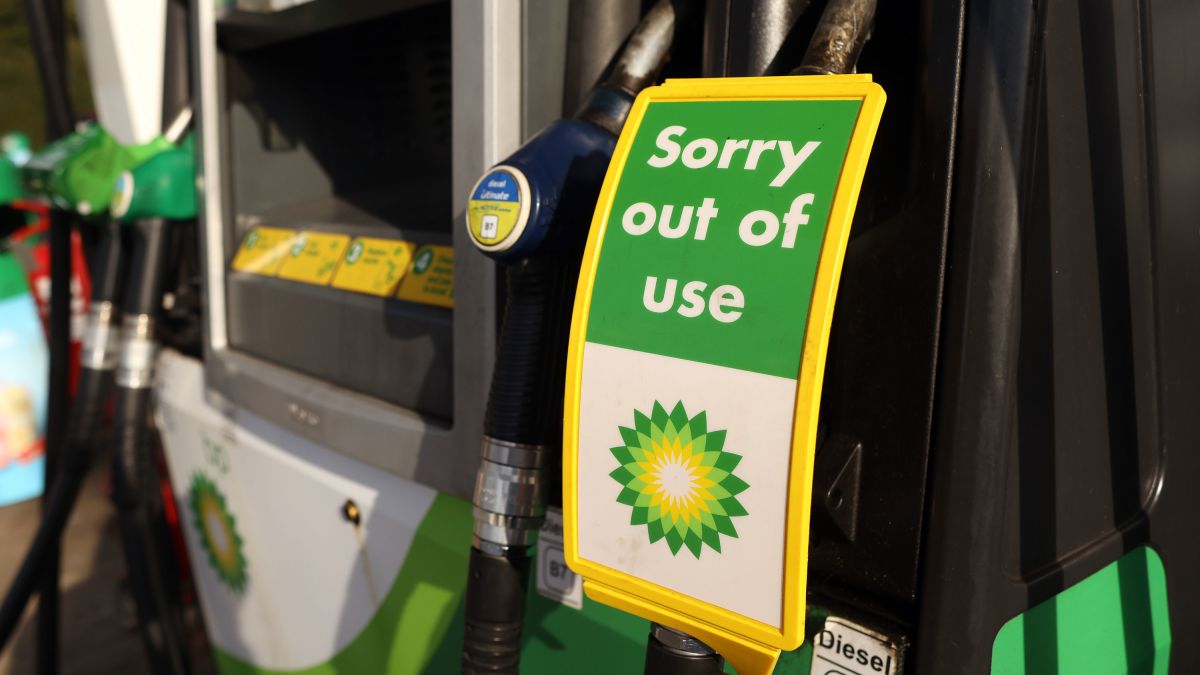The Petrol Retail Association (PRA) said its daily poll showed 13 percent of independent retailers in the capital and southeast – the region worst hit by the crisis – were still dry on Wednesday.
The figure is an improvement on Tuesday’s 15 percent and Sunday’s 22 percent, however some forecourts have been left waiting four days for delivery.
Gordon Balmer, executive director of the PRA, stated that “this is leaving some motorists continuing to feel insecure about fuel availability at their local neighbourhood filling stations”.
“Independent forecourts report a complete lack of visibility as to when their next delivery might arrive, and some have been dry for four days and still waiting for a delivery,” he continued.
“We have yet to see any explanation from the government of the benefits arising from the suspension of competition law between the major oil companies in the delivery of downstream fuel,” he noted, adding, “We need to restore a competitive market with incentives for those who deliver on the job.”
Balmer stated some businesses had been forced to throw away fresh produce as the ongoing fuel crisis had also caused shop sales to plummet by between 20 and 50 percent.
“Most independent retailers have built a reputation with their local customers for reliable service, good facilities and a well-stocked convenience store,” he continued.
“Sadly retailers have been throwing away large quantities of fresh produce as the ‘closed’ sign has deterred not just forecourt business but shop sales too, with some quoting reductions in non-fuel sales of between 20 and 50 percent,” he said.
“Attempts by the government to deal with this fuels crisis, now into its fourteenth day, have thus far had only limited success in London and the southeast,” he added.
“Much more attention on this issue affecting this region is urgently needed,” he added.
Number 10 on Monday said it was “hard to put a specific date” on when fuel supplies would return to normal – but insisted the situation was improving.
It came as army tanker drivers started delivering fuel to petrol stations in a bid to ease shortages as Operation Escalin got underway.
The troops were set to be concentrated in London and the southeast, where the worst fuel shortages remain.
